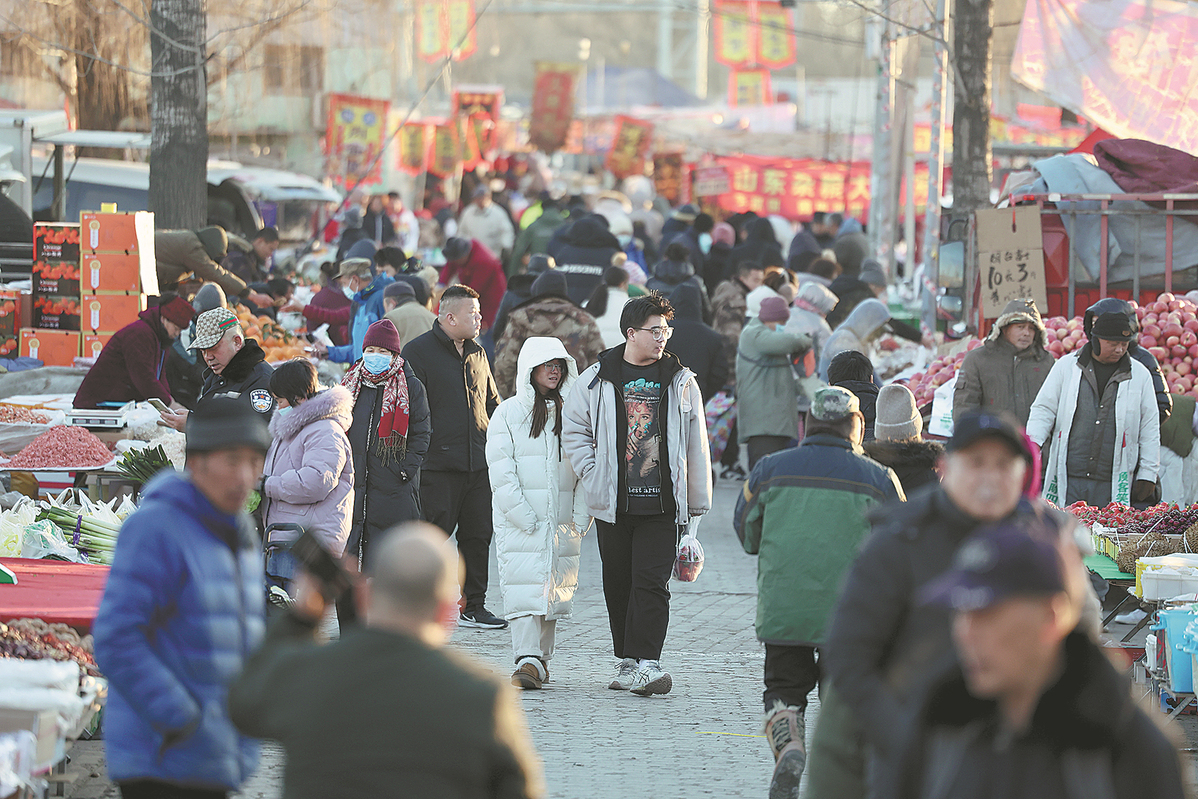Open-air markets bolster Beijing's street vending economy
Sellers get a fair chance to do brisk business as the lively atmosphere draws shoppers young and old


The Shahe Market in suburban Beijing covers an area of 120,000 square meters and is among the Chinese capital's largest open-air markets. It attracts thousands of shoppers when it opens every Wednesday, Friday and Sunday.
The unique selling point of the market is that people find everything they need here — and more, Guo said.
And he is absolutely right.
The market not just offers daily necessities such as fruits and vegetables, street food and antique items, one might also spot vendors selling katydids, which are large, typically green, long-horned nocturnal grasshoppers that are kept as pets by many people.
"Everything is so down-to-earth here, which is in stark contrast to the modern city life in Beijing. It is a fond reminder of my childhood days- the good times I spent with my family at the open-air markets near my native village in Gansu province," Guo said.
Daji, which translates as a "big market or fair", is typically held on specific dates based on the lunar calendar, such as dates ending with five or seven. It is also a common practice to hold daji ahead of or during traditional Chinese holidays such as the Spring Festival holiday. Visiting such fairs is popularly termed as ganji, which literally means "chasing the market".
These markets or fairs evolved from the folk custom of trading in goods, which can be traced back to the Han dynasties (206 BC-AD 220).


















